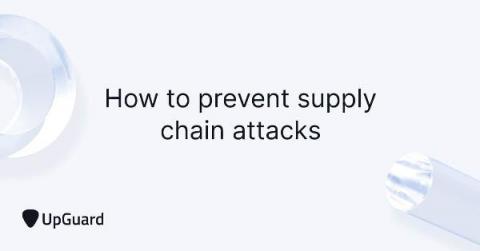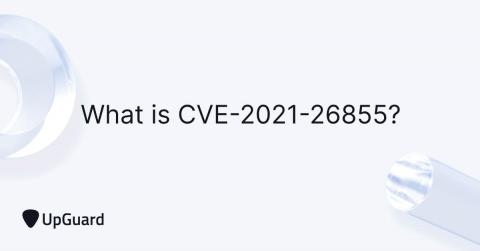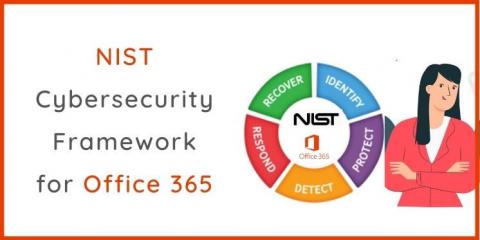Don't get breached: Learn how to prevent supply chain attacks
Cybercriminals are surprisingly lazy. Hackers are continuously cultivating their methods to achieve maximum impact with minimal effort. The adoption of a Ransomware-as-a-Service model is one example of such an achievement. But perhaps the apical point of cyberattack efficiency was achieved with the invention of the supply chain attack. A supply chain attack is a type of cyberattack where an organization is breached though vulnerabilities in its supply chain.










